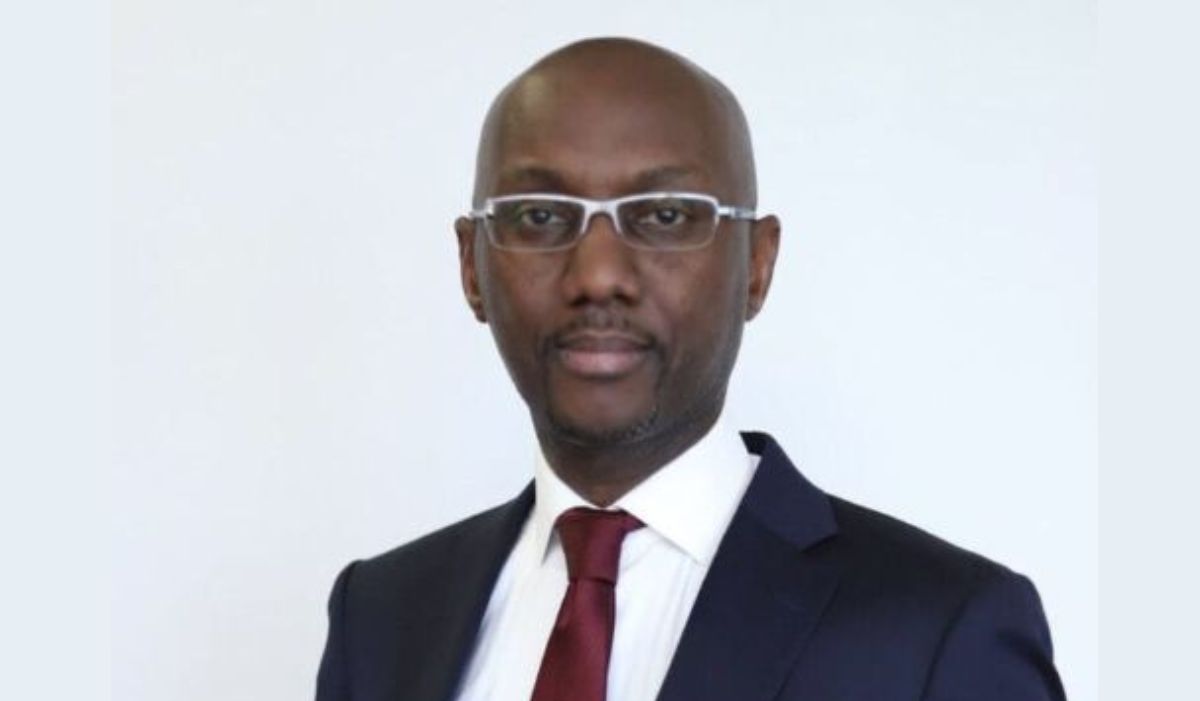Over 400 million Africans Still Unbanked Despite Fintech Growth, Say Experts

More than 400 million Africans remain without access to financial services despite widespread mobile phone adoption and fintech expansion across the continent, according to discussions at a recent policy gathering in Lagos.
The AfricaNenda Foundation and the Nigeria Inter-Bank Settlement System (NIBSS) hosted policymakers and financial sector leaders from over 10 African countries to examine Nigeria’s instant payment progress and explore scalable regional solutions.
AfricaNenda Foundation CEO Robert Ochola urged governments and financial stakeholders to prioritise inclusive systems that serve vulnerable populations—including women, youth, and informal sector workers—over elite-focused digital infrastructure.
“The real question is: can we build inclusive, scalable systems that serve every citizen, not just the privileged few?” he posed, citing Nigeria’s NIBSS Instant Payment (NIP) platform as a model of success. The system, he noted, processes nearly a billion transactions monthly and connects banks, fintechs, and switches through a 24/7, real-time, and highly secure platform.
Ochola emphasised that inclusive design must prioritise marginalised communities. “We support countries’ technical design. We build regulatory capacity. We convene communities of practice like this,” he said. “AfricaNenda is here not as a spectator, but as your partner.”
NIBSS Managing Director and CEO, Premier Oiwoh, called on African governments to move beyond legacy systems and take control of digital payment development.
“It’s time for Africa to cast off the remnants of colonial-era thinking and take bold ownership of its financial future by building payment solutions by Africans, for Africans,” he said, proposing the creation of an Africa Regulators Forum on Digital Payments to harmonize standards, share learnings, and develop regionally rooted platforms.
Central Bank of Nigeria’s Director of Payment Systems Policy, Musa Jimoh—representing CBN Deputy Governor Phillip Ikeazor—identified cash dominance, rather than institutional competition, as the primary challenge. He urged regulatory collaboration, saying, “Let us rise above jurisdictional silos and come together as Africans.”
The five-day program featured policy discussions, technical facility visits, and knowledge-sharing sessions focused on Nigeria’s experience in developing an inclusive digital payment infrastructure.
The gathering emphasised that accelerating inclusive instant payments across Africa is an achievable objective, not merely an aspiration.





